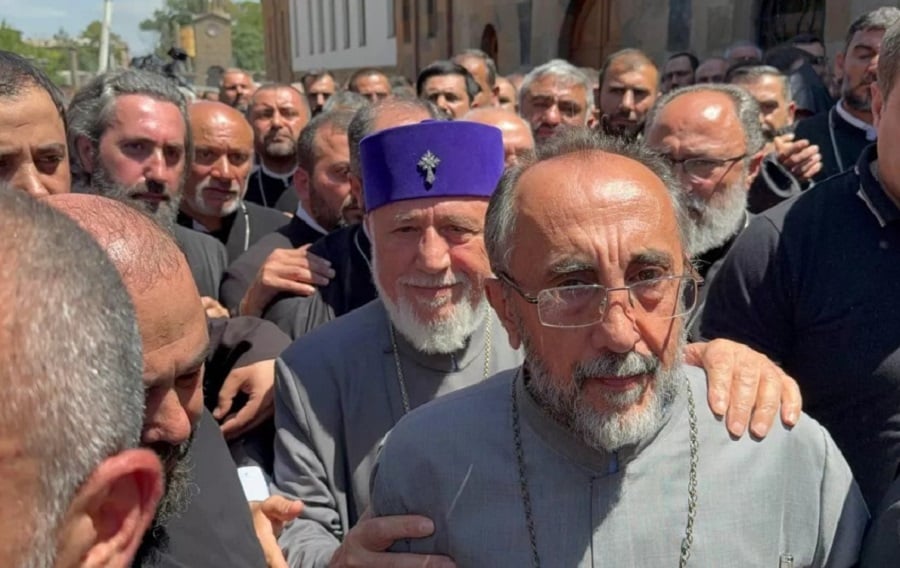“ACNIS ReView from Yerevan”. Things have gone haywire in Armenia. This expression is used when there is total turmoil, chaos, confusion, and tension everywhere. The daily news headlines themselves testify to the disorder, unrest, lawlessness, and arbitrariness prevailing in the country. Observations show that at the root of all these scandalous and alarming reports lies a common factor — the phenomenon of injustice. Simply put, the tragic incidents, widespread failures, and numerous problems are all, to one degree or another, the result of a lack of justice — or, more precisely, its complete absence.
The headlines are filled with stories of murders, abductions, arrests, human rights violations, accidents, and fires — all consequences of the deepening crisis of justice and the judiciary in the Republic of Armenia. It is an amorphous situation in which justice is desecrated, people are humiliated, human dignity is trampled upon, the moral fabric of society is corrupted, speech is devalued, law is ignored, and conscience is dead. Where will this lead us? What is the path to salvation? Who will answer for this national catastrophe? And ultimately, will justice ever shine again across the skies of our nation’s destiny and within our souls? These questions are addressed to one man — and that man is Nikol Pashinyan.
In fact, this man has turned all of us into hostages of his re-election campaign for the June 2026 parliamentary elections. His main targets are, in particular, the Armenian Apostolic Church, local self-government bodies, and individuals who might stand in the way of his return to the prime minister’s seat. Such people are either physically eliminated or imprisoned, with complete disregard for justice and the rule of law. Today, there are about forty political prisoners in our penitentiary institutions — almost all detained on fabricated charges. Meanwhile, criminals roam free, while respected members of society — clergymen, benefactors, and entirely innocent citizens — languish in prison.
There are numerous examples illustrating the true nature of the current authorities in the context of justice and legality, the most recent being the criminal prosecution of the mayor of Gyumri. His proposal to form a union with the Russian Federation has been interpreted by the investigative body as a call to renounce the sovereignty of the Republic of Armenia. Consequently, Vardan Ghukasyan has been charged under Article 422 of the Criminal Code of the Republic of Armenia —Public Calls for the Seizure of Power, Breach of Territorial Integrity, or Violent Overthrow of the Constitutional Order.
Read also
By the same logic, as constitutional law expert Gohar Meloyan — co-founder and CEO of the International Center on Development of Parliamentarism — argues, any call to join the European Union, or any normative legal act adopted in that direction — including the Law of the Republic of Armenia “On Launching the Process of Accession to the European Union” — should receive the same legal assessment: a criminal charge. “A call to form an alliance or union with any international organization or another state cannot be considered a crime,” the lawyer emphasizes. According to her, this case represents biased and selective justice.
Indeed, when law enforcement bodies interpret the Criminal Code unilaterally — applying it exclusively against the government’s political opponents — it becomes evident that these actions are driven not by the supremacy of law and rights, but by motives of political retribution. As a result, in Armenia, anyone can be arrested in broad daylight and kept in custody for as long as the authorities wish. Naturally, there will always be investigators willing to fabricate accusations and falsify evidence to serve those in power.




















































